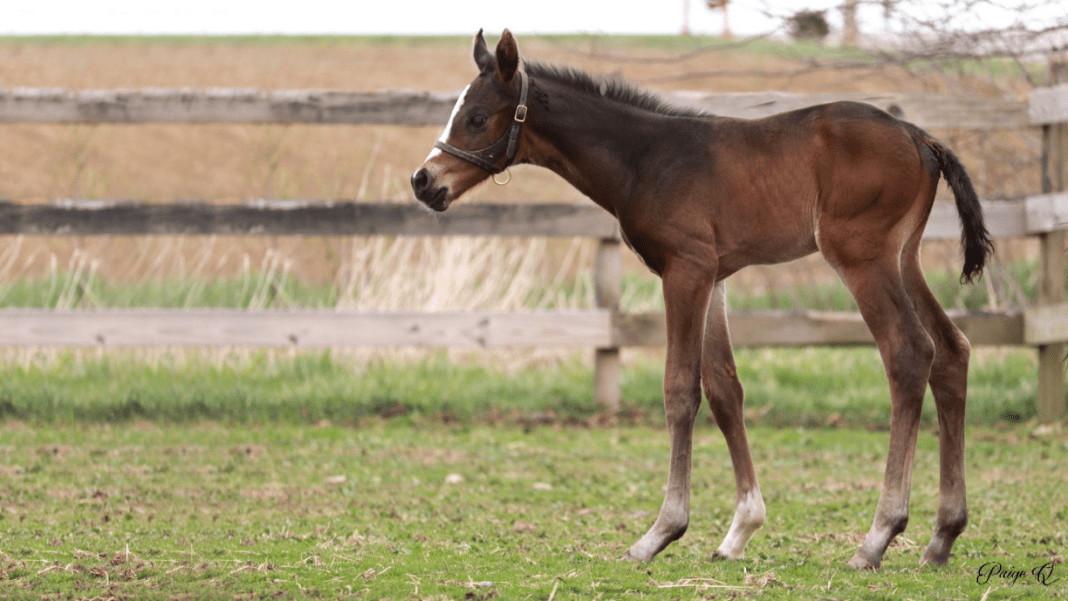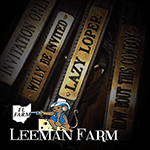It’s the time of year when breeders are at their busiest and mare owners – after 11 long months of decision making, monitoring, and likely, a good handful of prayers – are looking forward to finally meeting their 2024 babies. The excitement is tangible.
At the same time, many are planning their 2025 crop of foals, researching studs, signing contracts, and awaiting semen. GoHorseShow caught up with two of the industry’s top breeding managers for a brief question and answer session to find out what advice they have to give or have been given that has helped them blaze the trail in the breeding barn.
Paige Quarterman of Rosenfeldt Quarter Horses in Bloomville, Ohio stands multiple champion hunter sires When In Chrome and So Much Yes. Cindy Stephens-McCraw of Riverside Ranch in Sultan, Washington stands multiple champion sires Machine Made, Bank On The Best, AlwaysShineYerGunsUp, My Final Notice, My Chips are Hott, Mightty Mouse and VS GoodAll In Blue.
GHS: What advice do you give to those choosing a stallion?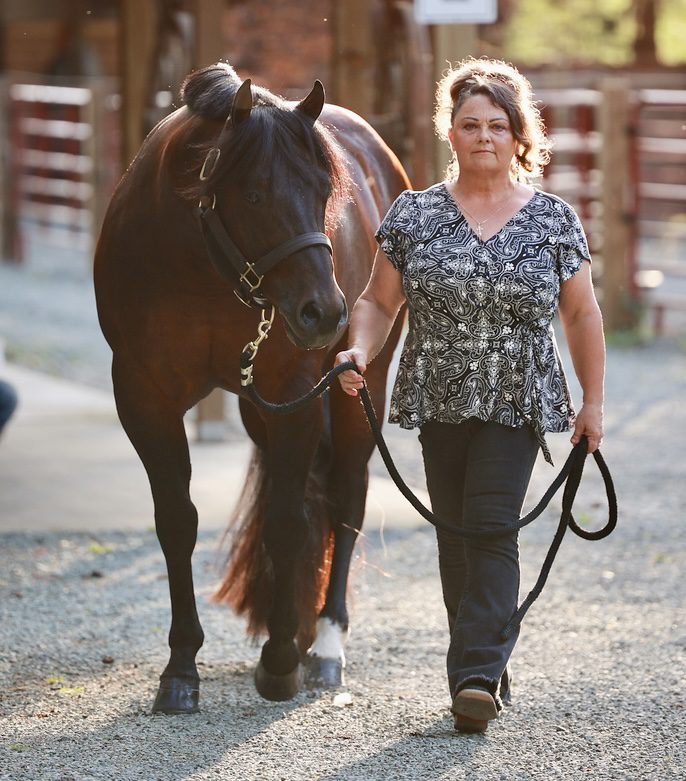 Cindy: Really study the offspring of the stallion to see what that stallion is predominantly producing and then ask yourself if those predominant traits are what your mare needs. Figure out your mare’s weakest point and then strive to find a stallion who is predominantly producing the strength that she is lacking. Of course, I would also make sure to advise them to be responsible with genetic testing.
Cindy: Really study the offspring of the stallion to see what that stallion is predominantly producing and then ask yourself if those predominant traits are what your mare needs. Figure out your mare’s weakest point and then strive to find a stallion who is predominantly producing the strength that she is lacking. Of course, I would also make sure to advise them to be responsible with genetic testing.
Paige: Look at your mare first. Determine where she is lacking and try to match her to a stallion that can potentially minimize those weaknesses and enhance her pluses. We breed to outside studs as well here and there are so many out there that we would love to use, but in our minds, they just don’t fit the mare we need to match, and that’s so important.
GHS: What tips do you give to those breeding for the first time?
Cindy: Find a stallion owner or breeding farm that will take the time to hold your hand and guide you through the process, step-by-step. When I get a first time breeder, although I know it is going to take a lot of extra time and educating, I also know that by teaching, helping and guiding, I’m more than likely going to not only make a new friend in the business, but also gain a return customer.
Paige: I can think of several. First, I agree that a good breeding vet or breeding farm manager is essential. That goes for breeding and for once the foal is here. Foals can be so fragile. Second, invest in a stall camera; stall cameras have made it so much nicer while waiting on a foal and monitoring a foal. Finally, it’s one of the most rewarding things to raise foals, but also be prepared for hiccups. Don’t take it personally when things don’t go as planned. Just dust off and soldier on. There is a reason horses weren’t developed as a food source. They are much harder to breed and trickier to raise.
GHS: Breeding is a tough business. What advice do you have from a business standpoint?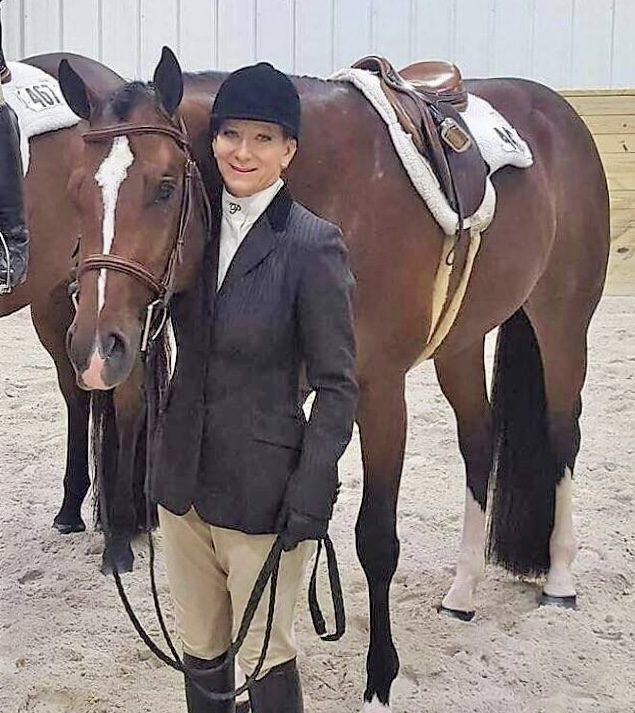 Cindy: When working with breeders, really try to do your homework first. Everyone is busy, so do your best to be prepared coming into the business relationship. Research breeders’ websites and study the contract so that you will know the protocol for ordering semen and being on time as it is so very important. Again, work with a breeder who has time to work with you; it makes all the difference in the world.
Cindy: When working with breeders, really try to do your homework first. Everyone is busy, so do your best to be prepared coming into the business relationship. Research breeders’ websites and study the contract so that you will know the protocol for ordering semen and being on time as it is so very important. Again, work with a breeder who has time to work with you; it makes all the difference in the world.
Paige: Some people breed to keep, and some to sell. From a marketing standpoint, if you are one who wants to sell, be sure to present your foal at its best right off the bat. Choose photos or clips for sale ads that show it in the best possible light. For instance, bend down to snap a photo rather than shooting down at the foal. On video, let them get the zoomies out before pressing record.
GHS: What’s the best advice you’ve been given about breeding?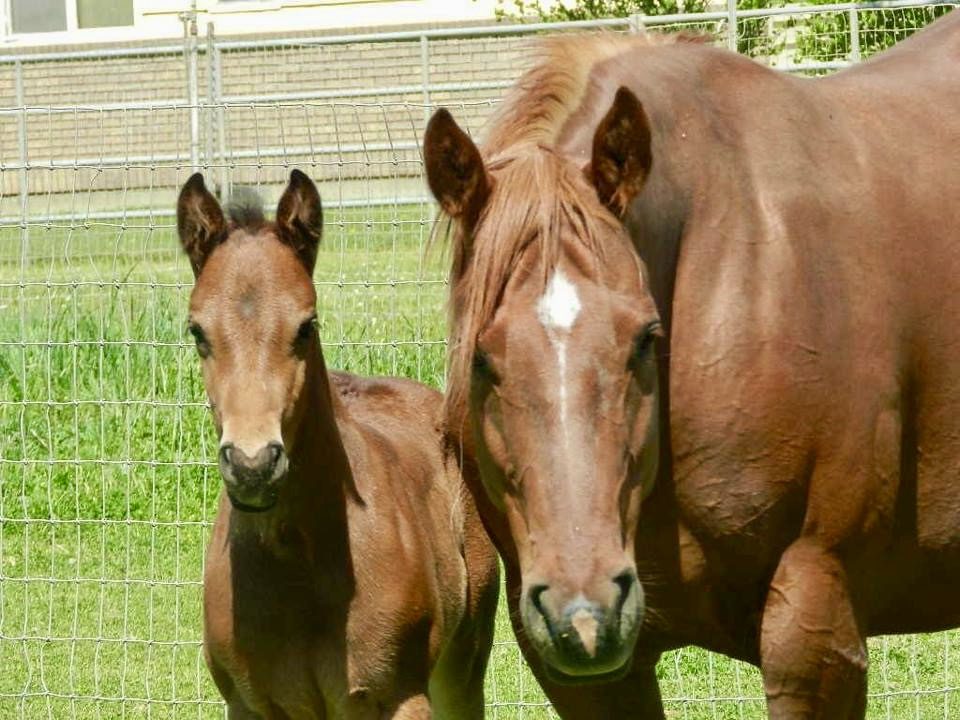 Cindy: When I first started breeding horses, the people I admired most were Tommy and Dale Parker of Winridge Farms. We all know it takes two to make a baby, but Dale Parker felt it was very important to have a breeding stallion that would very predominantly produce his best attributes. She felt that Dynamic Deluxe was one of those special horses that produced himself. With this being said, when you’re young in the business, and trying to make it in a big, competitive world of famous horses, the idea was basically, breed everything that you can, and let the stallion prove himself. Many breeders might say only breed the best mares if you want to see your stallion succeed. But the Parkers taught me that numbers are the game, and if your stallion is a good enough producer, even those backyard, beginner breeders will end up with winners, and who doesn’t want that? Dale’s advice moved me forward into being able to make a living doing what I love to do: breeding pleasure performance horses.
Cindy: When I first started breeding horses, the people I admired most were Tommy and Dale Parker of Winridge Farms. We all know it takes two to make a baby, but Dale Parker felt it was very important to have a breeding stallion that would very predominantly produce his best attributes. She felt that Dynamic Deluxe was one of those special horses that produced himself. With this being said, when you’re young in the business, and trying to make it in a big, competitive world of famous horses, the idea was basically, breed everything that you can, and let the stallion prove himself. Many breeders might say only breed the best mares if you want to see your stallion succeed. But the Parkers taught me that numbers are the game, and if your stallion is a good enough producer, even those backyard, beginner breeders will end up with winners, and who doesn’t want that? Dale’s advice moved me forward into being able to make a living doing what I love to do: breeding pleasure performance horses.
Paige: The best advice I’ve been given came from Nancy Sue Ryan who told me to always pick individuals with low hocks and good shoulders when breeding. These traits lend themselves to athleticism and soundness for a long performance career.
GHS: What last words do you have for readers embarking on this exciting journey?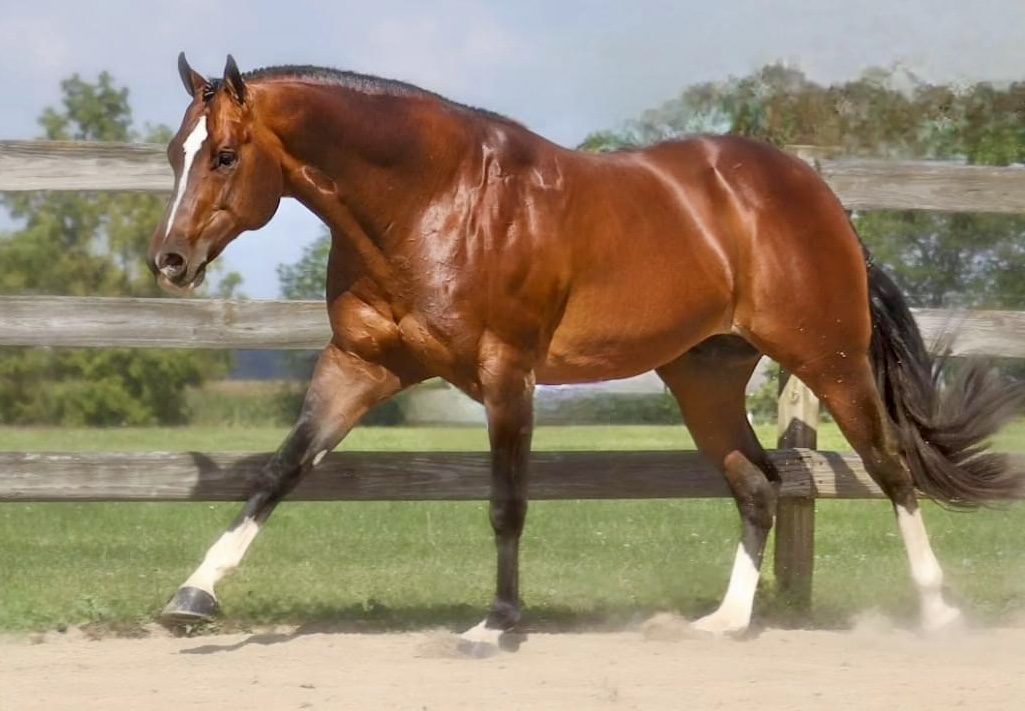 Cindy: When you are getting started, be willing to hand the reins over to your breeder and veterinarian. Oftentimes, the vet will work directly with the breeder and will cut out the middleman (the owner), leading to fewer mistakes and a higher success rate. This does not mean to not tend to your business; the breeder you choose should still be willing to educate and guide you through all the processes and the veterinarian should keep you posted with updates, but trusting them will just make things easier for you and will ensure that there is less chance for errors.
Cindy: When you are getting started, be willing to hand the reins over to your breeder and veterinarian. Oftentimes, the vet will work directly with the breeder and will cut out the middleman (the owner), leading to fewer mistakes and a higher success rate. This does not mean to not tend to your business; the breeder you choose should still be willing to educate and guide you through all the processes and the veterinarian should keep you posted with updates, but trusting them will just make things easier for you and will ensure that there is less chance for errors.
Paige: There is nothing more rewarding than a new foal after all the planning and the wait. Remember, though, that they are not toys; let them be babies. Foals don’t need to be doing grown up horse things so young – there is plenty of time later for that!


